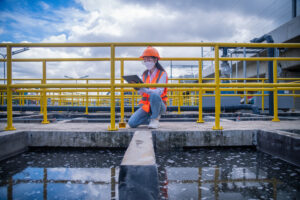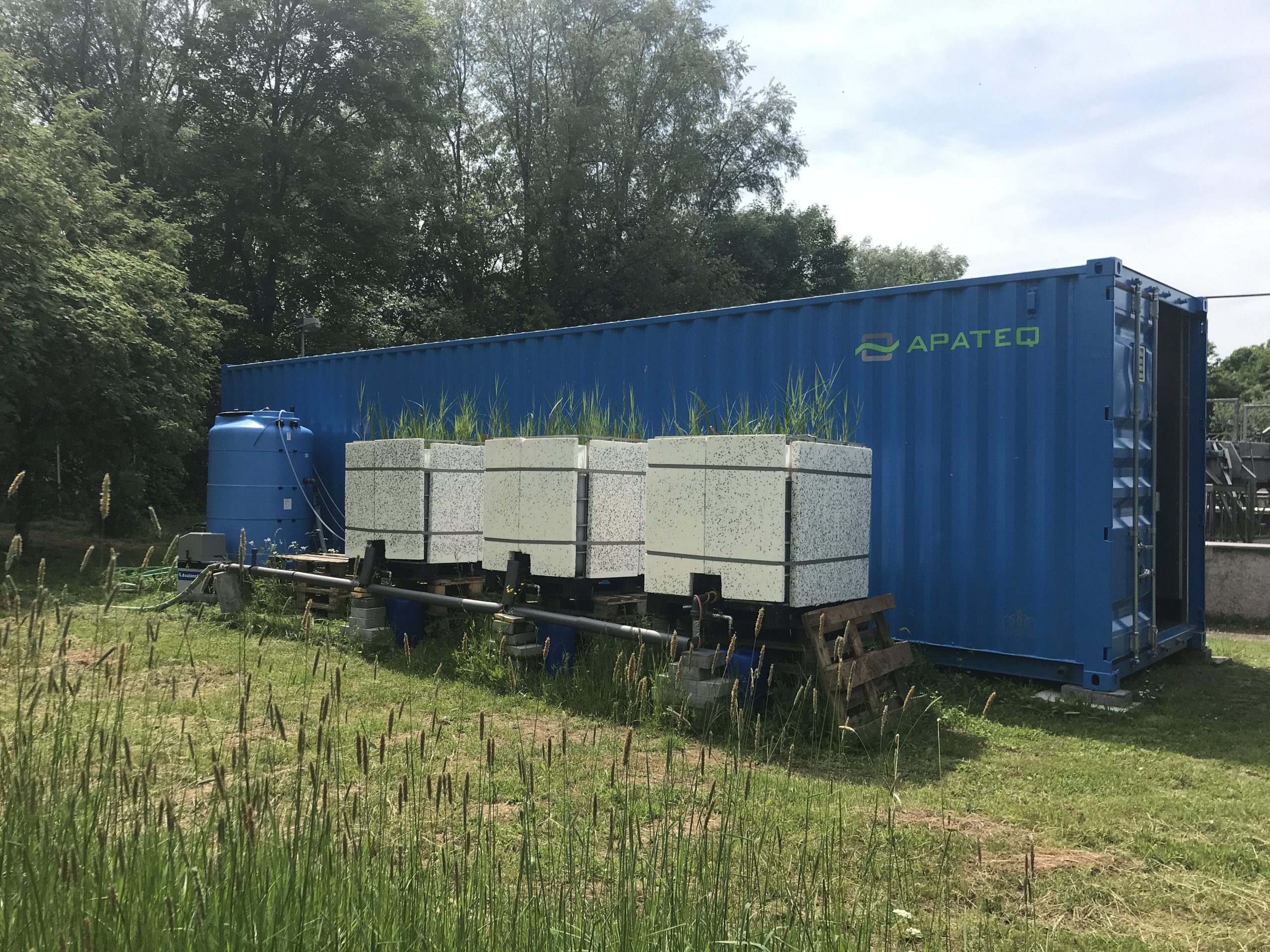The Chair for Urban Water Management (Department of Engineering, headed by Prof. Joachim Hansen) was a partner in the cross-border project CoMinGreat (Competence platform for micro-pollutants in the Greater Region), which was carried out from 1.1.2021 to 31.12.2022 under the leadership of the Ent-sorgungsverband Saar with other partners from France, Belgium, Luxembourg and Rhineland-Palatinate. The project was co-financed by the European Regional Development Fund (ERDF) within the framework of the INTERREG V a Greater Region program as well as by the Saarland Ministry of the Environment and the Luxembourg, Rhineland-Palatinate and Walloon water authorities and serves to collect and coordinate knowledge on the removal of micropollutants from wastewater.
project CoMinGreat (Competence platform for micro-pollutants in the Greater Region), which was carried out from 1.1.2021 to 31.12.2022 under the leadership of the Ent-sorgungsverband Saar with other partners from France, Belgium, Luxembourg and Rhineland-Palatinate. The project was co-financed by the European Regional Development Fund (ERDF) within the framework of the INTERREG V a Greater Region program as well as by the Saarland Ministry of the Environment and the Luxembourg, Rhineland-Palatinate and Walloon water authorities and serves to collect and coordinate knowledge on the removal of micropollutants from wastewater.
The results of the project were presented at a hybrid conference held in Saarbrücken on July 12, and are of great relevance to all citizens of the Greater Region (GR) due to their importance for environmental protection.
The online micropollutant platform for the GR created as part of the project – combined with interactive maps that provide information on ongoing projects and work from research and practice – is not only of interest to researchers, it also provides private households with practical advice on how to reduce the input of pollutants into water bodies. The platform is available at www.comingreat.eu.
The tests implemented by the Chair for Urban Water Management with natural-based treatment technologies (so-called vertical Flow Constructed Wetlands) for the degradation of micropollutants in wastewater have led to groundbreaking results. The treatment in Constructed Wetlands with a special substrate (mixture of sand and activated biochar from plants), which is associated with low operating costs, can be a solution for effective as well as cost- and resource-efficient micropollutant removal in small to medium-sized wastewater treatment plants. A combination with a technical preliminary stage (oxidation process) can further increase the efficiency of the soil filters.
In contrast to the conventional technical processes of ozonation and activated carbon adsorption, which are associated with high operating costs and are more suitable for large wastewater treatment plants, the soil filters also score points – in addition to ecological benefits such as an increase in biodiversity and a reduced CO2 footprint – with a significantly improved elimination of nitrogen and phosphorus compounds. This was demonstrated in a direct comparison of the processes at the wastewater treatment plant of Bliesen (Germany) within a test phase of more than one year.
In addition, a mobile information center was set up, which is suitable for workshops and public events on all aspects of trace substance issues. The information center has already started its journey through the Greater Region – it is currently being used at a wastewater treatment plant in the north of Luxembourg – and can be rented free of charge by interested stakeholders in the GR. The demonstration plant is also mobile and will be further used for follow-up projects – currently for an ongoing PhD thesis at the Chair for Urban Water Management.


